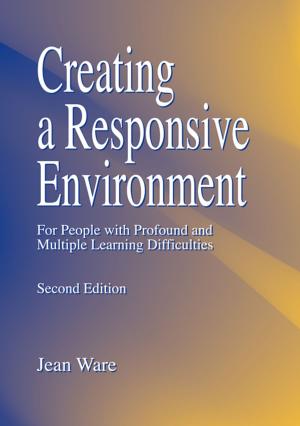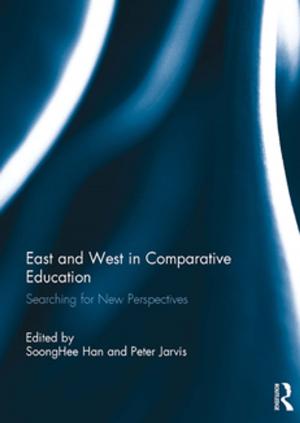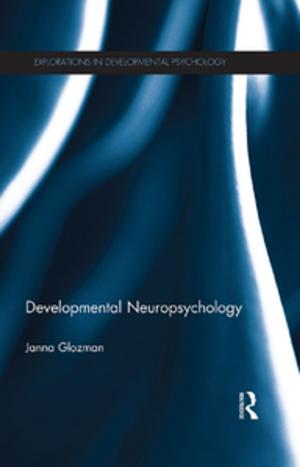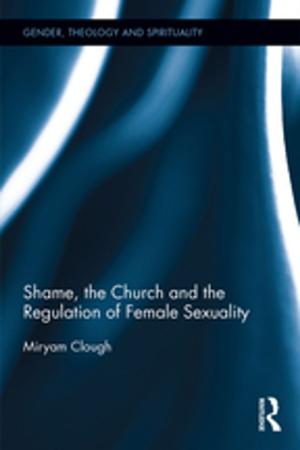Educational Leadership for Transformation and Social Justice
Narratives of change in South Africa
Nonfiction, Reference & Language, Education & Teaching| Author: | John Ambrosio | ISBN: | 9781317410973 |
| Publisher: | Taylor and Francis | Publication: | November 3, 2016 |
| Imprint: | Routledge | Language: | English |
| Author: | John Ambrosio |
| ISBN: | 9781317410973 |
| Publisher: | Taylor and Francis |
| Publication: | November 3, 2016 |
| Imprint: | Routledge |
| Language: | English |
Educational Leadership for Transformation and Social Justice examines the relationship between the lived experiences of educational leaders at the University of the Free State in South Africa and how they think about and practice leadership for transformation and social justice. Based on biographical information, public speeches, published writings, and in-depth semi-structured face-to-face interviews, the book presents and analyses seven chapter-length narratives of these leaders.
This book explores how some leaders at the University of the Free State – from the vantage point of various racialized and gendered identities, and generational experiences – conceptualize and enact leadership for transformation and social justice. Ambrosio argues that there are certain values, beliefs, concepts, principles, and ways of thinking that cut across their experiences and demographic differences. The narratives are presented in the leaders’ own words, and describe how their lived experiences shaped their values and identities, and inform how they think about and practice leadership for transformation and social justice. One convergence that emerged among these leaders is that their leadership is an extension of who they are, of their core values, identities and ethical commitments. Another is that they are motivated by visions of change that go beyond the University; by bigger dreams that infuse their work with meaning and purpose.
With its in-depth analysis of the narratives, this book will provide educational leaders who have an orientation towards transformation and social justice with insights that enable them to think differently about how to make the policies, programs, and institutional culture of their own universities more equitable and just. It will appeal to academics, researchers and postgraduate students in the fields of education, educational justice, higher education, educational leadership and change, social justice and racial justice.
Educational Leadership for Transformation and Social Justice examines the relationship between the lived experiences of educational leaders at the University of the Free State in South Africa and how they think about and practice leadership for transformation and social justice. Based on biographical information, public speeches, published writings, and in-depth semi-structured face-to-face interviews, the book presents and analyses seven chapter-length narratives of these leaders.
This book explores how some leaders at the University of the Free State – from the vantage point of various racialized and gendered identities, and generational experiences – conceptualize and enact leadership for transformation and social justice. Ambrosio argues that there are certain values, beliefs, concepts, principles, and ways of thinking that cut across their experiences and demographic differences. The narratives are presented in the leaders’ own words, and describe how their lived experiences shaped their values and identities, and inform how they think about and practice leadership for transformation and social justice. One convergence that emerged among these leaders is that their leadership is an extension of who they are, of their core values, identities and ethical commitments. Another is that they are motivated by visions of change that go beyond the University; by bigger dreams that infuse their work with meaning and purpose.
With its in-depth analysis of the narratives, this book will provide educational leaders who have an orientation towards transformation and social justice with insights that enable them to think differently about how to make the policies, programs, and institutional culture of their own universities more equitable and just. It will appeal to academics, researchers and postgraduate students in the fields of education, educational justice, higher education, educational leadership and change, social justice and racial justice.















